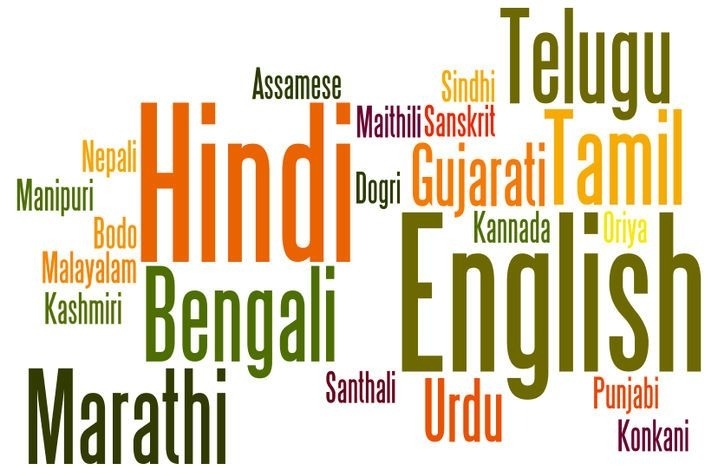
Waldorf & The Importance Of Mother Tongue
21 Feb 2018 | 4 min Read
Divya B A
Author | 3 Articles
Now-a-days, it is very common to find parents losing the connect they have with their native languages and home cultures. We are often tempted to use a language which is foreign to young children…even before the child is yet to begin crawling, leave alone talking!
There is a rush to buy flash cards, story books and activity materials so that we can read to our child and train them to learn English as early as possible. We believe that by doing so they will not be left behind when they are ready to join schools.
Evolution of Languages
In the evolution of humanity, spoken language developed first. Then came written language, originally through symbols (Hieroglyphs). Finally, once there was a written language, people learnt to read.
This is precisely the sequence in which children master language, and so is the sequence in which reading is taught in Waldorf education. From birth to the age of 7, the focus is on the spoken language.
Importance of Mother Tongue
In my opinion, mother tongue is the first language a child hears when s/he is in the womb. You may be reading stories to your child in English, but when you are conversing with your spouse or other members in family, you are naturally using your native language. According to me, native tongues are pure and true, their sounds are soothing and connected deeply to the roots… and that is what your child is listening to!
Several researches have been conducted on the benefits of maintaining this vital bond to home language and how it is linked to our emotional wellbeing, academic development, relationships and more.
It is natural for us to think and feel in our mother tongue compared to a foreign language. Imagine what an important role it plays in the thought process and expression of a young child, when he has just begun to talk..
It doesn’t matter whether you still speak it fluently or can’t remember a single word of it, the first language you learnt as a child has already irreversibly changed your brain.
Waldorf & Mother Tongue
In Waldorf schools/families across the world, there is a lot of importance given to native language, culture and rituals. We sing songs in local language as the child feels at home and secured when s/he hears the same sounds as his family.
In the early years, language is learnt through everyday conversations, stories and songs..language skills are being developed daily. Waldorf songs and stories are usually connected to the season or festival during the month and the same is repeated for 3-4 weeks for children to internalize the subject. This is also called the monthly rhythm. Through this, children associate the rhythm with the outside environment.
For eg: We are approaching Spring/ Holi/ Ugadi, we will be singing songs about flowers, colors, birds and everything we notice in seasonal changes..
Here is a song from my mother tongue Kannada, which we are singing currently:
Gubbi gubbi Chiv chiv endu
Kareyuve yarannu
Aache eeche kannanu horalisi
Noduve yenanu
Mele kelage konkisi koralanu
hudukuve yenanu
Kaalanu kottu neeranu koduve
Adalu baa illi
Translation:
Sparrows (2), who are you calling with that tweet tweet sound?
What are you looking for, looking here and there,
What are you looking for, searching up and down,
I will give you seeds and water,
Come and play with me!
When we talk about bringing out one’s individuality, creativity and expression…it is possible only when we are connected to our roots and culture and culture my dear friends, is deeply associated with language, our mother language.
Discover the true importance of staying connected to your mother tongue and methods of incorporating it more into your everyday life and your child’s!
Tell me what you think in comments below!
Banner Image: sainik.io
Also read: Importance of Teaching Native Language to Young Children
Explore the entire collection of articles: Speech & Languages
A


Related Topics for you
Suggestions offered by doctors on BabyChakra are of advisory nature i.e., for educational and informational purposes only. Content posted on, created for, or compiled by BabyChakra is not intended or designed to replace your doctor's independent judgment about any symptom, condition, or the appropriateness or risks of a procedure or treatment for a given person.
